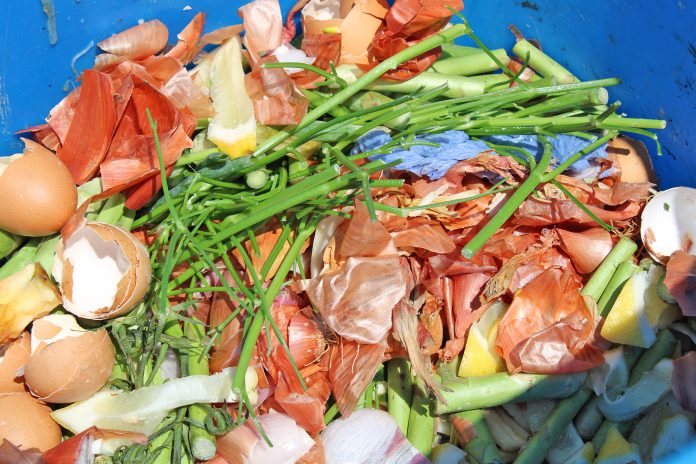
A commercial composting facility is helping Waiheke’s restaurants turn food waste into a resource.
The Compost Co.’s project manager, Prashanti Lovegrove, says food waste in landfill is problematic as it produces greenhouse gases and toxic leachate, so processing compostable waste separately is the only sustainable option.
Funding from Auckland Council’s Waste Innovation and Minimisation Fund has supported the commercial food waste collection for two years, she says. The project processes 20 tonnes of food waste a year.
“We have maintained a steady average of 1.6 tonnes of food waste per month.”
Compostable packaging made of paper and PLA (polylactic acid) is also sorted and shredded at the site. Although it is mixed into the compost it doesn’t add any benefits and is processed as a social service, says Prashanti.
“It would be better if we had less of this. We need to move towards a reuse economy, rather than single use.”
Compost Co. runs two composting systems side by side: a hot compost and a cooler ferment decomposition process.
The ideal temperature in the hot system is between 55°C and 65°C to breakdown PLA, says Prashanti. In the second system, a venture into large scale Bokashi, Prashanti uses microorganisms to start food waste fermenting before it is mixed with carbon for an anaerobic composting phase. The bin is then turned to aerate the mixture and the temperature is allowed to rise to pasteurise the compost before it is bagged and sold. • Erin Johnson






